Ophthalmology and Vision Science
Ophthalmology is the study of eye-related medical disorders. Ophthalmologists are specialists who specialize in treating this organ medically and surgically. Almost all eye problems and visual impairments are diagnosed, prevented, and treated by ophthalmologists. In addition to care for the eyes and vision, an ophthalmologist's medical knowledge may enable them to detect signs of diseases that are not directly related to the eye. They can refer patients for the appropriate treatment in such circumstances.
Ophthalmology, optometry, molecular genetics, neurology, and physiological optics are all part of vision science, which is an interdisciplinary study of visual systems and perception. All aspects of the visual process, including anatomy, biochemistry, optics, and physiology of the eye, are covered by vision science. Vision Science is the source of a slew of research questions concerning how humans see, how and why vision fails, and what we can do about it.
- Optometry
- Visual Science
- Pharmacology and Drug Therapy in Eye Diseases
- Primary and Secondary Eye Care
- Ophthalmology Surgical Tips and Devices
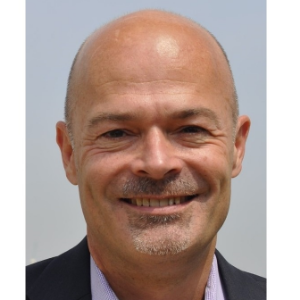
Tim Jackson
King’s College London, United Kingdom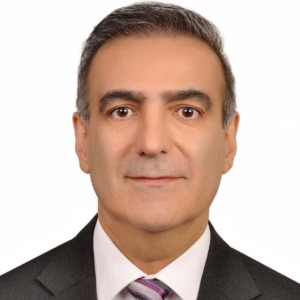
Shadrokh Nabili
University Hospitals of Morecambe Bay NHS Foundation Trust, United Kingdom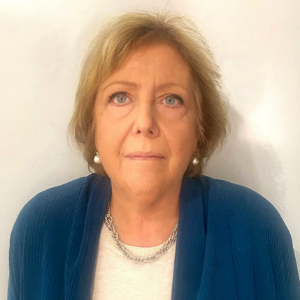
Anna Maria Bassi
University of Genoa, Italy
Pio Conti
University of Chieti, Italy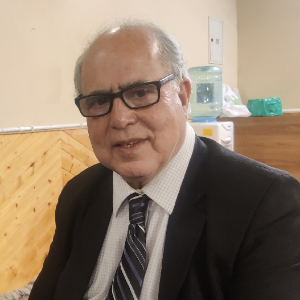
Gowhar Ahmad
Florence Hospital Srinagar, India
Hyungju Park
Gangnam Tokyo Eye Clinic, Korea, Republic of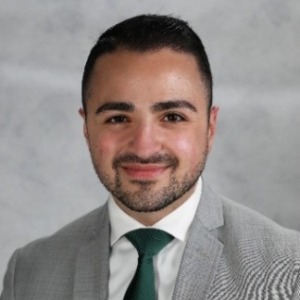




Title : Rare and interesting case of Goldenhar’s syndrome in a 3 years old male child
Gowhar Ahmad, Florence Hospital Srinagar, India
Title : Management of common vitreoretinal lesions: An overview and update
Tim Jackson, King’s College London, United Kingdom
Title : Targeting immunological pathways in Behcets uveitis
Hashim Butt, Bolton Royal Hospital, United Kingdom
Title : Optimizing astigmatism management in refractive cataract surgery
Shadrokh Nabili, University Hospitals of Morecambe Bay NHS Foundation Trust, United Kingdom
Title : Blood sugar measurement in acute anterior uveitis a life saving link
Shie Wei Chan, Manchester Royal Eye Hospital, United Kingdom
Title : Comparative outcomes of a newly modified trabeculectomy versus conventional trabeculectomy
Hyungju Park, Gangnam Tokyo Eye Clinic, Korea, Republic of